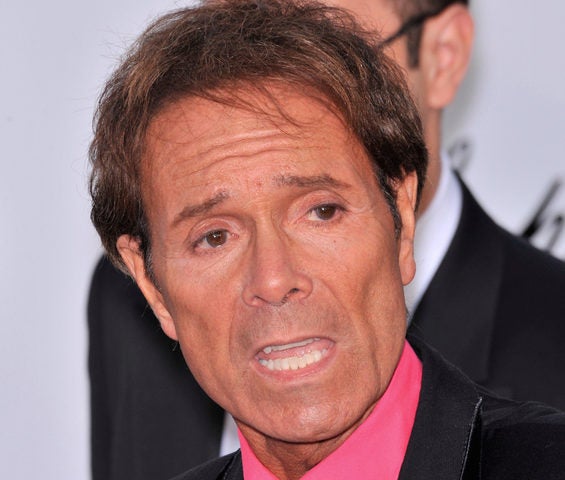
The BBC has defended its coverage of historical sex abuse allegations against Cliff Richard after prosecutors dropped the case against the entertainer and apologised for the handling of media interest around it.
A spokesman for the corporation said it had applied “normal editorial judgements” to a story that was “covered widely by all media” and that it had continued to report the investigation as it developed, including today’s decision by the Crown Prosecution Service that there was “insufficient evidence to prosecute”.
Sir Cliff has said he is “thrilled” that he is to face no further action over what he described as “vile accusations” of sexual abuse between 1958 and 1983 by four men who came forward to police.
An initial allegation was received by South Yorkshire Police in April 2014. Since then the investigation has spanned two years, with officers working in the UK and abroad, and has cost in the region of £800,000.
The 75-year-old singer said: “I have always maintained my innocence, co-operated fully with the investigation, and cannot understand why it has taken so long to get to this point.
He added: “Ever since the highly-publicised and BBC-filmed raid on my home I have chosen not to speak publicly. Even though I was under pressure to ‘speak out’, other than to state my innocence, which was easy for me to do as I have never molested anyone in my life, I chose to remain silent.”
The initial raid by South Yorkshire Police detectives on Sir Cliff’s home in Berkshire in August 2014 was broadcast on live TV following a controversial agreement between the BBC and the police force.
An independent report later criticised the agreement between police and the BBC, and said it ”certainly interfered with his [Sir Cliff’s] privacy and may well have caused unnecessary distress”.
Chief constable David Crompton, who was later suspended, said an investigation into the matter failed to identify the source of the leak to the BBC.
But in a separate report the Home Affairs Select Committee said the BBC had been “absolved… of any risk or responsibility for the story” by cooperating with the police service. The committee chairman also said the BBC had acted “perfectly properly” in its handling of the story.
In its statement today, South Yorkshire Police said it “apologised wholeheartedly for the additional anxiety caused by our initial handling of the media interest in this case”.
It added: “After careful consideration of the evidence provided to them, the CPS has concluded that no further action should be taken against the man due to there being insufficient evidence to prosecute.
“A further five allegations considered by the investigation team did not meet the threshold for referral to CPS for a charging decision.
“South Yorkshire Police accept the decision of the CPS in this case and all those involved have been informed.”
As well as criticism for the investigation into Sir Cliff, the force has also been accused of corruption and incompetence over its reaction to the Hillsborough stadium disaster, Rotherham sex abuse case and Orgreave miners’ strike.
Martin Goldman, chief crown prosecutor for Yorkshire and Humberside, said: “The CPS has carefully reviewed evidence relating to claims of non-recent sexual offences dating between 1958 and 1983 made by four men. We have decided that there is insufficient evidence to prosecute.”
Sir Cliff added: “I know the truth and in some peoples’ eyes the CPS’s announcement today doesn’t go far enough because it doesn’t expressly state that I am innocent; which of course I am. There lies the problem.
“My reputation will not be fully vindicated because the CPS’s policy is to only say something general about there being ‘insufficient’ evidence.
“How can there be evidence for something that never took place! This is also a reason why people should never be named publicly until they have been charged unless there are exceptional circumstances.”
(Picture: Shutterstock)
Email pged@pressgazette.co.uk to point out mistakes, provide story tips or send in a letter for publication on our "Letters Page" blog
